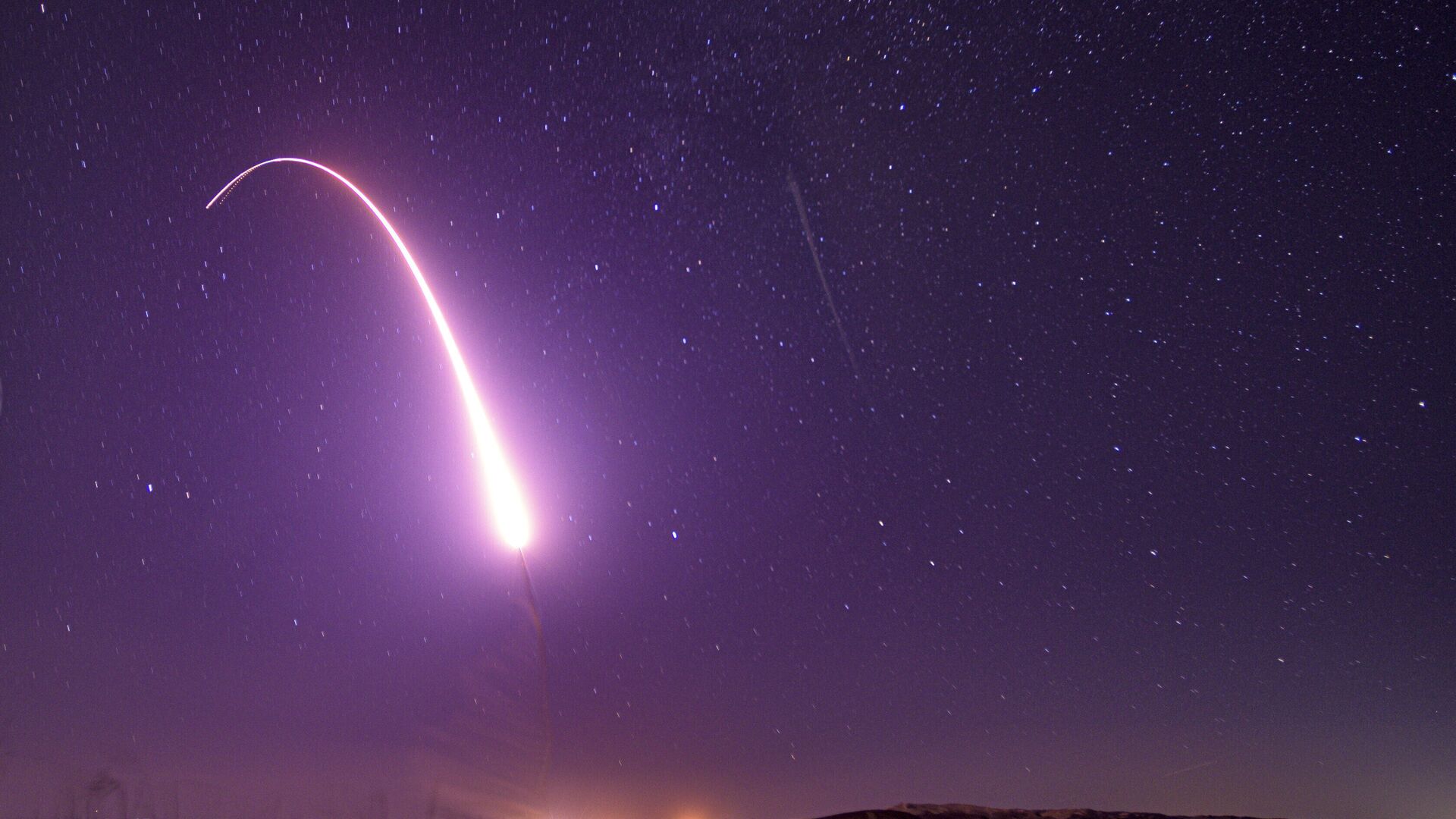The US Department of Defense says that the extension of the new Strategic Arms Reduction Treaty (START) with Russia is the beginning of efforts to address nuclear and strategic concerns.
“The President has made clear that the New START extension is the beginning of efforts to address nuclear and strategic stability concerns,” Pentagon spokesman John Kirby told reports on Wednesday.
According to the statement issued by the US Department of State, the extension will serve as a guarantee that the US has “verifiable limits” on the Russian nuclear arsenal. “Extending the New START Treaty ensures we have verifiable limits on Russian ICBMs, SLBMs, and heavy bombers until February 5, 2026,” the statement said.
The 5-year extension of New START makes the United States and the world safer. This welcome step is the start of our efforts to pursue effective arms control that lowers the risks of war and helps prevent arms races.
— Secretary Antony Blinken (@SecBlinken) February 3, 2021
NATO also welcomed the extension, saying, “Allies see the treaty’s extension as the beginning, not the end, of an effort to address nuclear threats and new and emerging challenges to strategic stability.”
Russia expects that the extension of the New START will help overcome the trend to break down arms control mechanisms, and is ready to work with the United States to strengthen global strategic stability, the Russian Foreign Ministry said.
“We expect that the understanding, reached with Washington regarding the future of the New START as a cornerstone of international security, would allow to leave behind the trend towards dismantling of arms control and nonproliferation mechanisms, so prevalent in recent years due to US destructive policies,” the ministry said in a statement.
According to the ministry, significant efforts will be needed to return the Russian-US dialogue in this area "back to a more stable trajectory, reach new substantial results which would strengthen our national security and global strategic stability."
New START has been in force since 2011 and was due to expire on February 5 before the extension. It is the only remaining legally binding agreement on arms control between the two countries that own the world's largest nuclear stockpiles. The deal is premised on the proposition that each side will ultimately reduce its nuclear arsenal to a total 700 missiles, 1,550 warheads, and 800 launchers.
The Trump administration long sought the drafting of a new arms control treaty that would also include China or revising the existing one to include several new provisions, including a verification mechanism.



